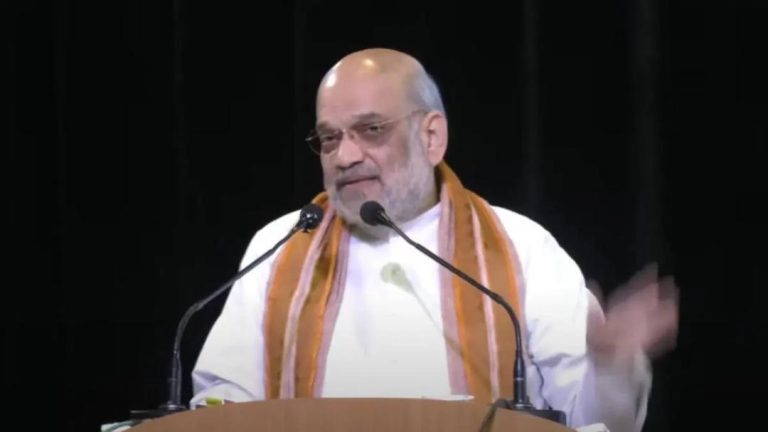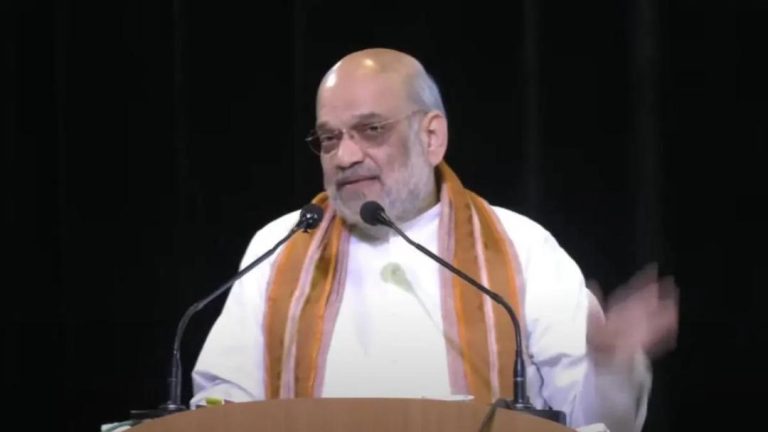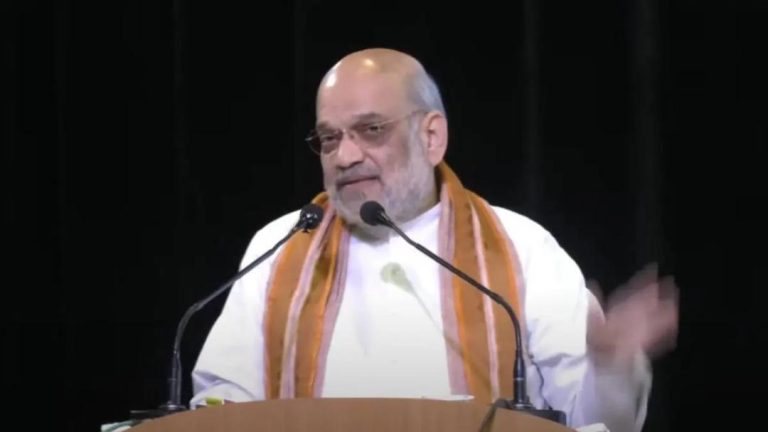
OYO Showed Thousands of Fake Bookings to Inflate its Turnover, Claims Jaipur Hotel in FIR
In a shocking revelation, a Jaipur-based hotel has accused OYO, a popular hotel chain, of showing thousands of fake bookings to inflate its annual turnover. This alleged forgery has led to the hotel receiving a “wrong” GST (Goods and Services Tax) notice worth ₹2.66 crore. The hotel claimed that OYO provided it with ₹10.95-lakh business in 2019-20, while OYO showed bookings at the hotel worth ₹22.22 crore, inflating the booking amount by over 200 times.
The hotel, which remains anonymous, filed an FIR (First Information Report) against OYO’s founder, Ritesh Aggarwal, alleging that the company’s fake bookings were designed to mislead the tax authorities and inflate its annual turnover. The FIR was filed at the Kotwali Police Station in Jaipur, and it is now under investigation.
According to the FIR, the hotel was a franchisee of OYO, and it was required to pay GST on the basis of the bookings made on its platform. However, the hotel claims that OYO provided it with minimal bookings, but the company showed much higher bookings to the tax authorities. This discrepancy led to the hotel receiving a GST notice worth ₹2.66 crore, which it claims is incorrect.
The FIR alleges that OYO’s fake bookings were designed to inflate its annual turnover, which would have allowed the company to claim larger deductions and credits, thereby reducing its tax liability. The hotel claims that OYO showed fake bookings worth ₹22.22 crore, while it provided it with only ₹10.95 lakh in actual business.
The FIR also alleges that OYO’s fake bookings were made using fake identities and email addresses, and that the company used its internal systems to generate fake bookings. The hotel claims that it has evidence of OYO’s fake bookings, including screenshots of fake bookings made on its platform.
OYO’s alleged forgery is not the first instance of the company facing allegations of fake bookings. In 2019, a similar FIR was filed against OYO in Delhi, alleging that the company had shown fake bookings worth ₹1.5 crore. The FIR was later dropped, but the allegations raised questions about OYO’s business practices.
The latest FIR against OYO has raised concerns about the company’s integrity and its ability to provide accurate information to the tax authorities. The hotel industry is heavily regulated, and companies are required to maintain accurate records of their bookings and transactions. OYO’s alleged forgery could have serious consequences for the company, including fines and even criminal penalties.
The FIR against OYO has also raised questions about the company’s relationship with its franchisees. OYO’s business model is based on franchising its brand and technology to hotels, which allows the company to expand its reach without having to invest in building new hotels. However, OYO’s alleged forgery raises concerns about the company’s treatment of its franchisees and its willingness to manipulate the system to its advantage.
The FIR against OYO is a significant development in the ongoing debate about the company’s business practices. While OYO has denied any wrongdoing, the allegations against the company raise serious questions about its integrity and its ability to provide accurate information to the tax authorities.
Source:






